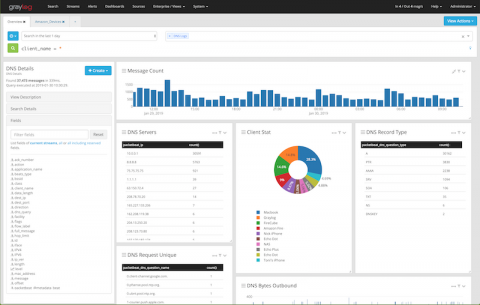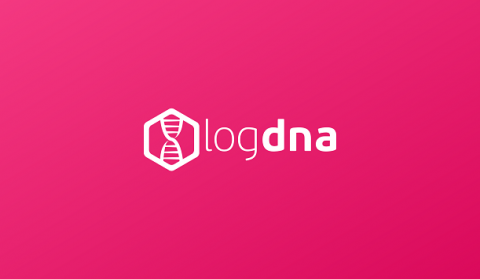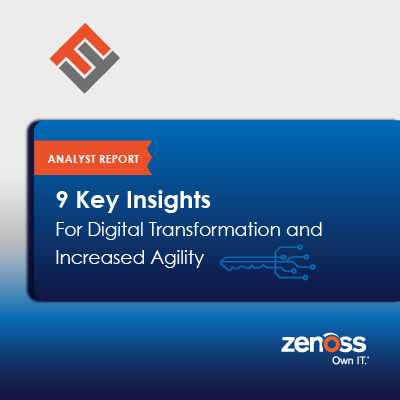Can Your Big Data Company Forego Anomaly Detection?
While enterprise leaders are constantly looking to innovate, there’s one area where “business as usual” should be a focus — spotting anomalies in your data. When it comes to time series data, “business as usual” is the baseline or expected behavior of the KPIs you track. Any unexpected deviations in those patterns can be classified as anomalies. However it’s important to keep in mind that anomalies can be either negative or positive.











